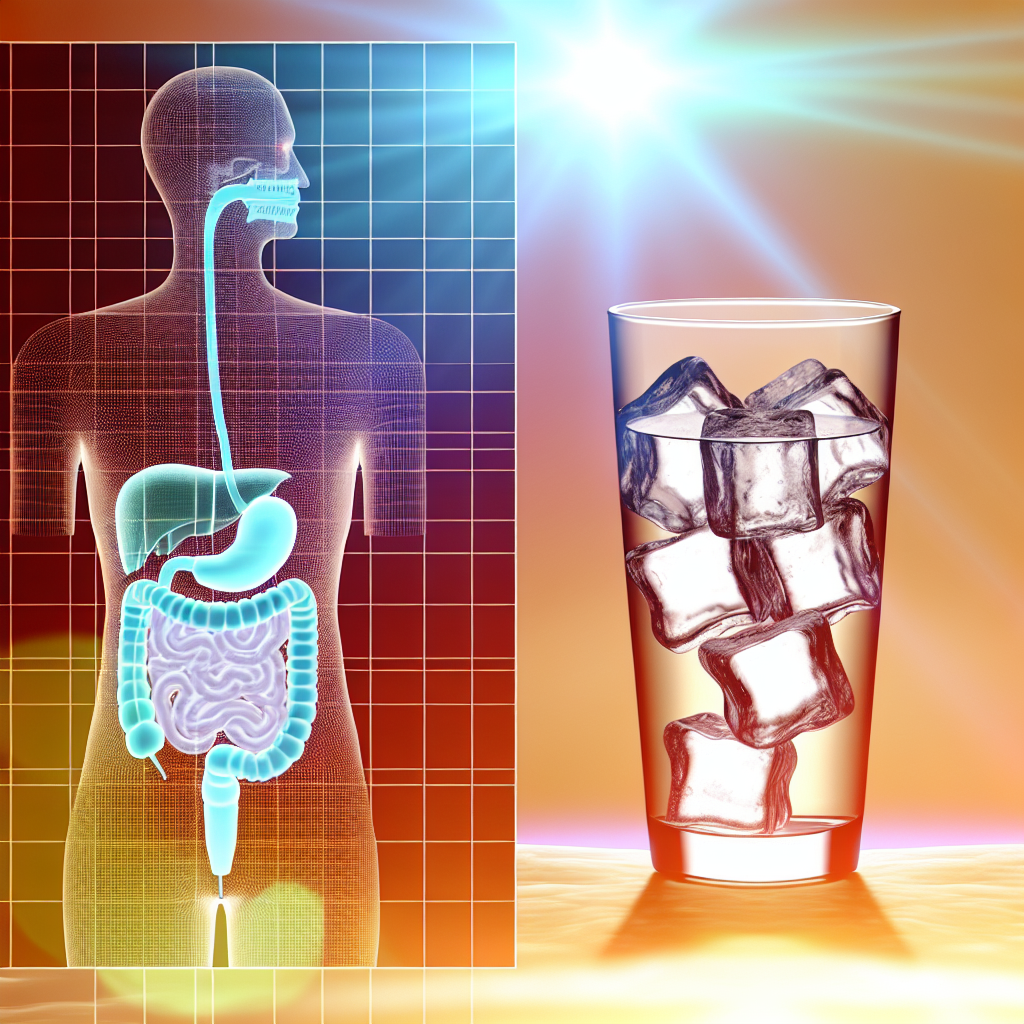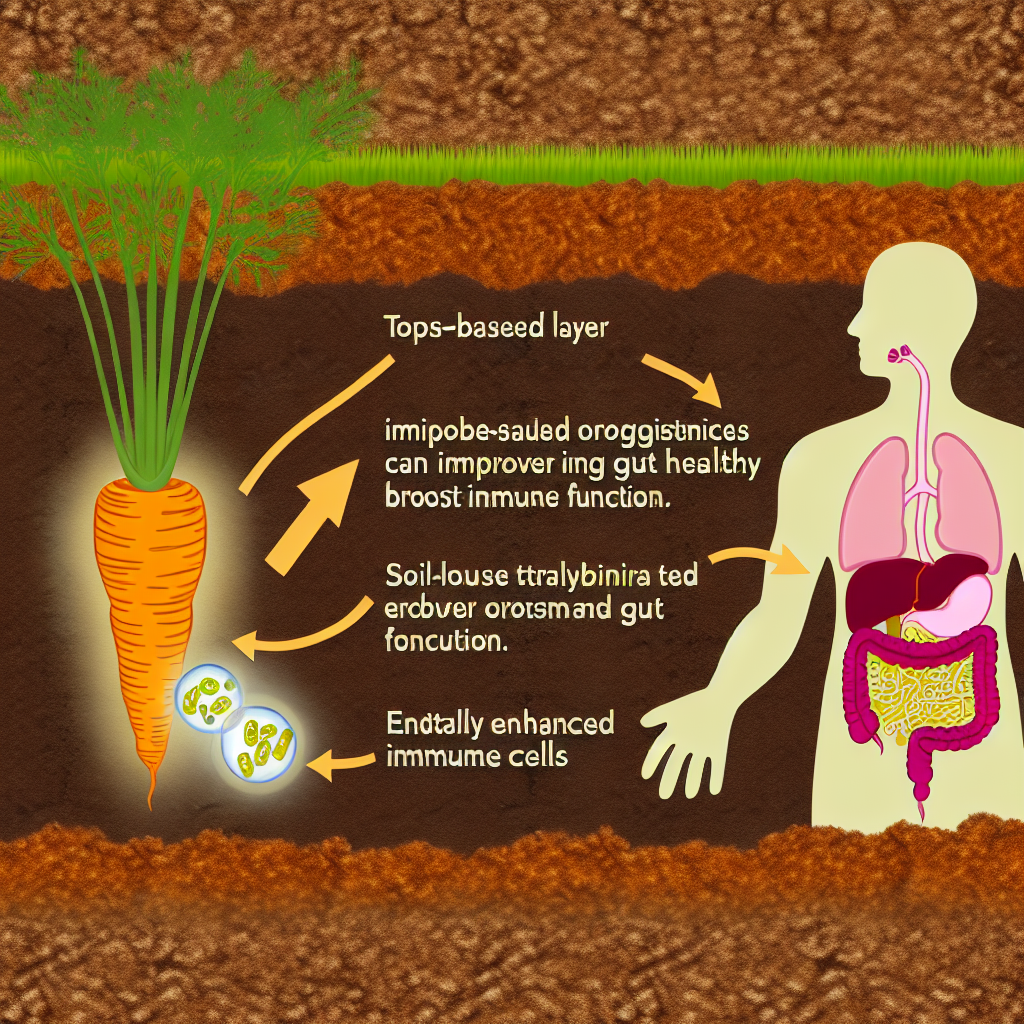The Truth About Alkaline Water and Its Effects on Digestive Health
Gut health has seen a surge in attention in recent years, and for good reason. The gastrointestinal system—often referred to as the body’s “second brain”—hosts trillions of bacteria, is the epicenter of nutrient absorption, and plays a significant role in immunity and metabolic function. As wellness trends evolve, many health enthusiasts are turning to natural remedies and holistic habits to support and restore optimal digestive function. One such trend that has garnered substantial attention is alkaline water.
Alkaline water is water that has been ionized to raise its pH level above that of regular drinking water, typically measuring between 8 and 9 on the pH scale. Advocates of alkaline water claim that it helps neutralize acid in the bloodstream, slows the aging process, boosts energy levels, and most notably, improves digestive health. But separating marketing hype from medical truth is essential—especially when it comes to something as foundational as gut health.
The Science Behind Alkaline Water and Your Digestive System
Medical research examining the effects of alkaline water on digestive health is still emerging, but a handful of studies provide a foundational understanding of its potential benefits. One of the most investigated aspects of alkaline water is its effect on acid reflux and gastrointestinal pH.
A pivotal study published in the *Annals of Otology, Rhinology & Laryngology* in 2012 found that alkaline water with a pH of 8.8 could deactivate pepsin, the main enzyme responsible for acid reflux symptoms. The researchers concluded that drinking alkaline water could help neutralize stomach acidity and reduce the symptoms of laryngopharyngeal reflux (LPR), a condition similar to GERD but affecting the throat more than the esophagus ([Koufman & Johnston, 2012](https://journals.sagepub.com/doi/abs/10.1177/000348941212101101)).
Additionally, some studies suggest that the mineral content in alkaline water—typically calcium, potassium, and magnesium—can support digestive processes and microbial balance. These minerals serve as cofactors in enzyme function, and mineral-rich hydration may indirectly nurture the gut flora by supporting optimal metabolic reactions.
There’s also preliminary evidence suggesting possible benefits in gut permeability, a core aspect of “leaky gut syndrome.” While comprehensive clinical trials are lacking, a 2016 Japanese study analyzing electrolyzed-reduced water (a form of alkaline water) showed potential antioxidant effects and signs of improved bowel movement regularity and gut enzyme activity ([Nakao et al., 2016](https://pubmed.ncbi.nlm.nih.gov/27157919/)).
It’s important to note, however, that the stomach is naturally an acidic environment—maintained around a pH of 1.5 to 3.5 for efficient digestion and the destruction of pathogens. There are concerns among some gastroenterologists that regularly offsetting this acidity with alkaline substances may impair digestive function long term, especially if overused or used without clinical indication.
Balancing Benefits: Can Alkaline Water Improve Gut Health?
While the idea of supporting gut health through something as simple as drinking water sounds appealing, the truth lies somewhere between hype and hopeful science. Existing evidence suggests that alkaline water may be beneficial in specific digestive scenarios—such as easing symptoms of acid reflux or supporting enzyme processes—but it’s not a one-size-fits-all cure.
For individuals who suffer from LPR or mild acid-related discomfort, switching to alkaline water could offer symptomatic relief without significant side effects. However, those with complex or chronic digestive disorders should avoid viewing it as a treatment replacement and instead see it as a supportive lifestyle measure.
Moreover, the gut is a delicate ecosystem. Proper care involves more than just pH—it demands a consistent intake of fiber, adequate hydration, movement, stress management, and balanced bacterial exposure through foods and supplements.
Final Thoughts: Should You Add Alkaline Water to Your Gut Health Routine?
While alkaline water is certainly one of the more popular natural health trends, its effects on digestive health are nuanced. Emerging research suggests potential benefits in managing acid reflux and supporting enzymatic activity, but its long-term impact on the gut microbiome and broader digestive function remains under investigation. The human digestive system is highly complex, and pH manipulation through water intake may offer relief for some, especially those with mild digestive discomfort or reflux-related conditions.
For individuals seeking natural support for their gut health, incorporating alkaline water may offer mild benefits when paired with a fiber-rich diet, fermented foods, and probiotic supplementation. However, it’s essential to consult with a healthcare provider before making significant changes, especially for those with underlying gastrointestinal conditions.
In the end, the best approach to gut health is a balanced one—rooted in science, individualized for your body’s needs, and mindful of emerging yet still evolving health trends like alkaline water.
100-word Summary:
The effects of alkaline water on digestive health are nuanced. While emerging research suggests potential benefits in managing acid reflux and supporting enzymatic activity, its long-term impact on the gut microbiome remains under investigation. For those with mild digestive discomfort or reflux-related conditions, incorporating alkaline water may offer relief when paired with a fiber-rich diet and probiotic supplementation. However, for individuals with complex or chronic digestive disorders, alkaline water should be viewed as a supportive measure rather than a treatment replacement. The best approach to gut health is a balanced one, rooted in science and individualized for one’s unique needs.

Dominic E. is a passionate filmmaker navigating the exciting intersection of art and science. By day, he delves into the complexities of the human body as a full-time medical writer, meticulously translating intricate medical concepts into accessible and engaging narratives. By night, he explores the boundless realm of cinematic storytelling, crafting narratives that evoke emotion and challenge perspectives.
Film Student and Full-time Medical Writer for ContentVendor.com



